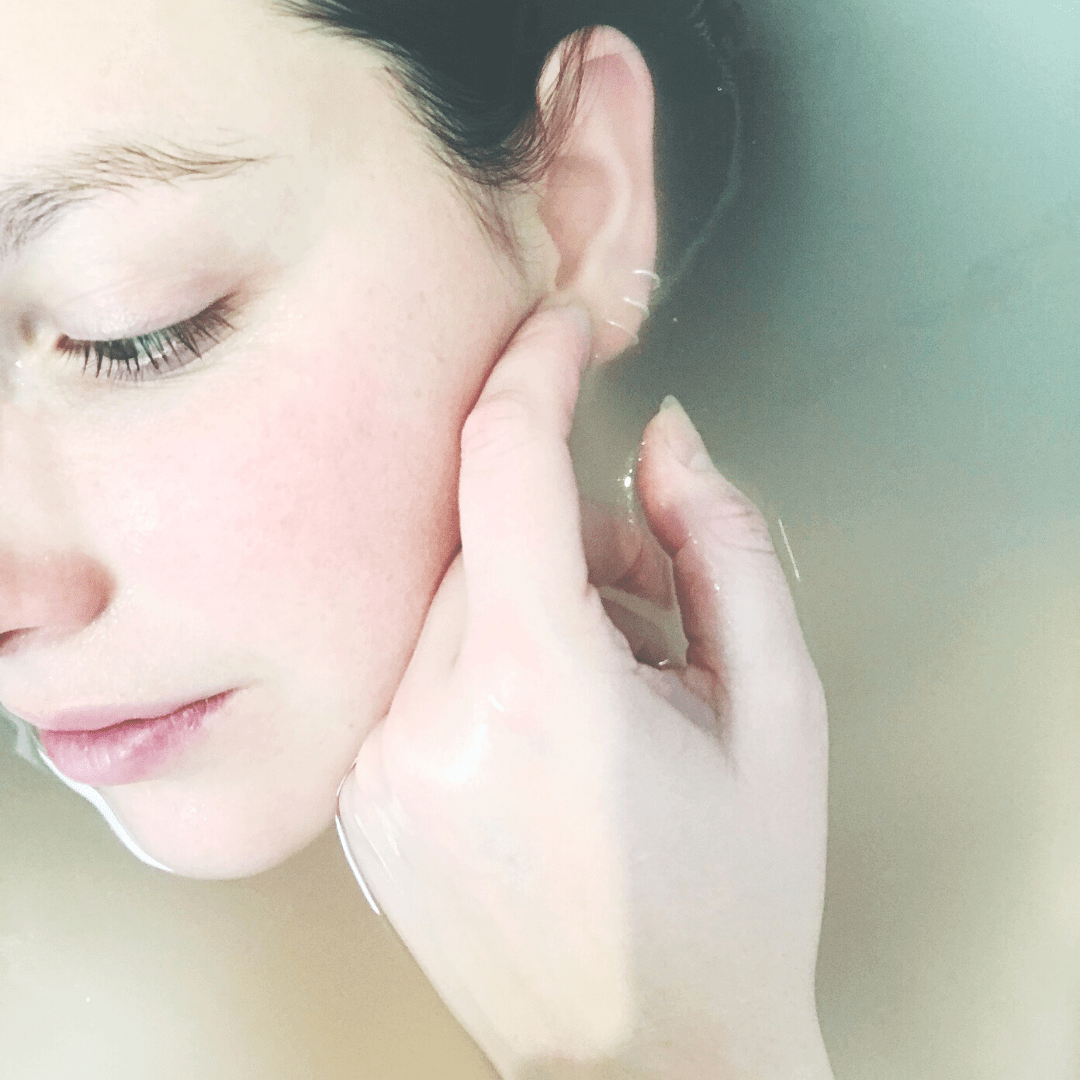
Pregnancy is an exciting journey, but may involve a set of new and frustrating skin challenges. The body undergoes a tremendous amount of change through pregnancy with more than 90% of women experiencing significant and complex skin changes. These changes may be desirable for some, but for others, pregnancy may trigger the onset or worsening of pigmentation, acne or eczema.
Please understand that the tips included below are a general guide only. Each person requires individualised treatment as we’re all unique – so make sure you book in to get tailored advice before self prescribing as it may not suit your situation or health needs
Hyperpigmentation (melasma) is one of the most common and early signs of pregnancy. High levels of Melanocyte Stimulating Hormone (MSH), oestrogen and progesterone are believed to be responsible for hyperpigmentation. Progesterone appears to increase oestrogen to signal melanin output, which stimulates pigmentary changes in the skin. This type of pigmentation is seen more in those with darker skin and hair. Melasma is said to be caused by stagnation of Liver energy, which effects the movement of qi and blood throughout the body. Acupuncture around the area of pigmentation is thought to help improve the flow of energy and blood, so that melasma are less pronounced in colour and size.
Tips – Protect the skin from sun exposure with physical sunscreens, as these reflect the heat away from the skin, which is good for a pregnancy-flushed face. Use a natural SPF 30+, such as zinc oxide and titanium dioxide. For targeting localised brown spots, opt for Vitamin C. For safe exfoliation, use Lactic Acid or a gentle exfoliating enzyme mask to brighten the skin.
Avoid – Limit exposure to ultraviolet light. Topical formulations containing hydroquinone and tretinoin should be avoided in pregnancy, but may be added after pregnancy, or as advised by your doctor.
Although some women experience improvements or no change in acne during pregnancy, a substantial number suffer acne flare ups during this time, which may also indicate a higher risk for similar flare ups during future pregnancies. A shift in hormones, specifically progesterone, estrogen and androgens, during pregnancy can stimulate the sebaceous and sweat glands, resulting in more perspiration and oilier skin triggering breakouts. Studies show hormone levels spike during the earliest stages of pregnancy and often again in the third trimester, which may explain the initial onset of hormonal breakouts and then another surge of acne toward the end of pregnancy and up until birth. Acupuncture and Traditional Chinese Medicine, when combined with dietary and lifestyle modifications, may help to positively impact any skin changes, improve digestive function, reduce inflammation and redness, swelling and painful pimples, and bring your body into harmony.
Tips – Opt for oil regulating products such as niacinamide (B3) and bentonite clay spot treatment. Reduce acne triggering bacteria with zinc, topical probiotic/ferments, and antioxidants such as resveratrol and green tea.
Avoid – Concentrated salicylic acid formulations should not be used, as well as prescription and oral retinoids, and high strength topical retinoids. Always check the ingredients of your skin care for potential toxins.
Atopic dermatitis, otherwise known as eczema, is another commonly seen skin condition that may be worsened through pregnancy. The reason for this is not well understood, but may be due to the effects of oestrogen on cellular responses in the immune system. Specifically, this involves a shift from cell-mediated immunity toward humoral immunity. Additionally, the high estrogen state of pregnancy stimulates mast cell activation and allergic responses. The relationships between skin, brain, and gut health and between eczema and the nervous system suggest an important role for acupuncture due to its known impact on calming nervous system hyperreactivity.
Tips – Fish oils deliver anti-inflammatory omega 3s, which is great for skin inflammation and dryness of the skin. Probiotics containing lactobacillus rhamnosus are safe to use through pregnancy and helpful in atopic conditions. Mild gel/cream cleansers and products should be used, containing calming and soothing ingredients like Panthenol, chamomile and Licorice root. Barrier-building ingredients such as oats (Avena Sativa), sunflower seed extract and borage seed oil reduce irritation.
Avoid – No hot showers or abrasive scrubs, as these will irritate the skin. Stay away from artificial fragrances and direct application of essential oils.
Because acupuncture sessions to improve skin conditions are focused on moving qi and blood, treatment will depend on your current health and stage of pregnancy. Sessions with me will mostly involve a combination of facial gua sha and sliding cupping to move lymph, increase blood circulation to the area, and encourage any skin changes to move towards skin healing, alongside constitutional and pregnancy support acupuncture, nutrition and lifestyle counselling.
Written by Holly Peyton-Smith
Holly Peyton-Smith is an Acupuncturist and Chinese Medicine Medicine Practitioner at Fertile Ground Health Group.
If you’re suffering with a skin condition and seeking treatment, please feel welcome to make a booking with Holly.
www.ncbi.nlm.nih.gov/pmc/articles/PMC3114665/
https://pubmed.ncbi.nlm.nih.gov/26957383/